It would be fair to say that Queen have moved away from being merely a rock band towards being a musical phenomenon, with a feature film about them (Bohemian Rhapsody) and a long-running stage play (We Will Rock You). No other major band .. Stones, Led Zep, Floyd .. irrespective of their popularity or album sales can lay claim to such a degree of fan adulation.
Queen emerged out of the band Smile, which featured Imperial College students Brian May and Roger Taylor. Vocalist Tim Staffell becomes disenchanted with the band’s hard rock sound and leaves to form Humpy Bong, and in comes Farrokh Bulsara, who’s already made it clear he’s the better singer, who suggests they rename themselves as Queen (“it’s fun, dear, people will love it,”) and prompts the band to become more musically adventurous. After a run of bass players, they recruit John Deacon in 1971, Farrokh Bulsara now becomes Freddie Mercury (Mercury taken from the line ‘Mother Mercury, look what they’ve done to me’ in the song ‘My Fairy King,’ ) and the classic line-up begins life. Freddie would, of course, go on to become Queen’s not-quite-so-secret weapon, with his camp theatricality and love of Kitsch, coupled with his charisma, a larger-than-life personality and an amazing vocal range, all of which mark him out as an outstanding frontman, someone who, as Bowie says, “could have the audience eating from his hand”.
As the book (Queen In The Seventies by James Griffiths) makes clear, Queen stood out from other bands in their early days, in that they were always prepared to take their time and do things right, which they continued doing through the decade. An early example was, rather than grab the first recording deal offered, as many other bands did, Queen talked to many different labels before finally settling on Trident/EMI because, as Freddie said, “we didn’t want to be treated as an ordinary band”. Their 1973 eponymous debut album was produced by Roy Thomas Baker, whose name would become synonymous with Queen for most of their seventies albums.
Their 1974 album Sheer Heart Attack sees them discovering their sound and it yields two hits, ‘Now I’m Here’ and ‘Killer Queen’, a story about a “high-class prostitute.” Their next album, A Night At The Opera, features THAT song, which EMI were initially reluctant to release as it was almost six minutes long, until DJ Kenny Everett plays it 14 times during one weekend, which helps EMI decide. The song goes to number 1, stays there for nine weeks, becomes one of the greatest singles of all time, and raises the bar for everyone around them, in that to accompany the song, they release what’s regarded as the first rock video. For here it’s a full-on upwards trajectory .. more best-selling albums, A Day At The Races (1976), News Of The World (1977), which contains their ‘live’ anthems ‘We Are The Champions’ and ‘We Will Rock You,’ and ‘Jazz’ (1978). They headline a free concert at Hyde Park on 18th September 1976 (this reviewer was there!) which attracts 150,000 fans (Queen’s set begins late, and Freddie is told by police, if he goes back onstage for an encore, he’ll be arrested) and major world tours, with prestige headline gigs at Madison Square Gardens and Earls Court.
The 1970s was a decade of amazing creativity for Queen and, alongside Bowie, Slade and Bolan, they pretty much rule over it and their tales of offstage excess, some of which are covered here, become part of rock folklore. They were quirky, inventive and determined to succeed. They possessed musical talent and stellar four-part harmonies, ‘Don’t Stop Me Now’ being a prime example, and their songwriting develops as they rapidly move from cover versions to prog-based rock .. ‘Queen’ and ‘Queen II‘ .. to ‘Bohemian Rhapsody’ in only four years, and which saw them finishing the decade with a best-selling ‘live’ double album, Live Killers.
The early 1980s would see them lose their lustre somewhat and release a couple of so-so albums, though they were to rise above this and achieve immortality at 1985’s ‘Live Aid’ and become national treasures. But it was the seventies which saw them turning everything they touched into gold. Incidentally, whatever became of Humpy Bong ??



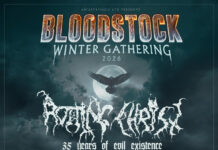

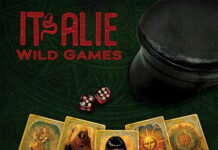


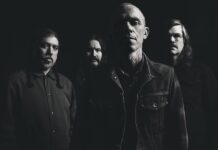

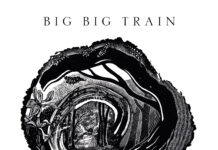





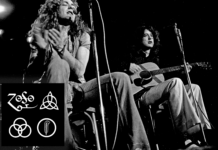
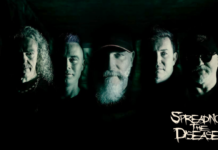
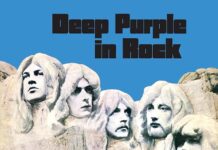
This was when I first started taking an interest in Queen, beginning with Sheer Heart Attack from 74, and then to A Night At The Opera from 75, then back to Queen 2 from 74 and then A Day at The Races from 76 and then I lost interest at News of The World, an enjoyable ride for the time I spent there.